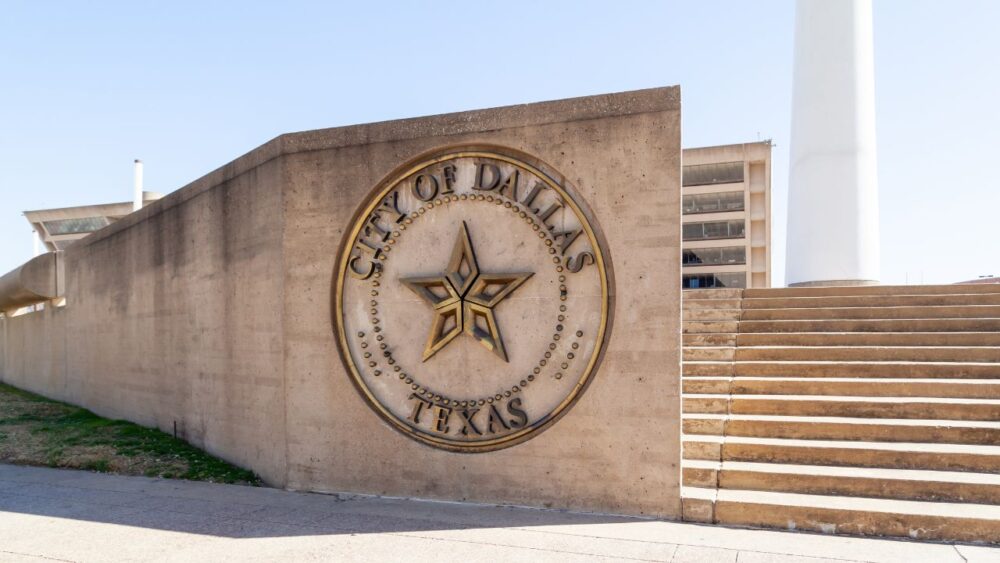Three Dallas residents filed a lawsuit Wednesday challenging dozens of city ordinances they claim violate a controversial 2023 state law. The case marks the first major test of Texas legislation critics dubbed the “Death Star” law.
The sweeping measure prohibits cities and counties from enacting local regulations that exceed state law in broad policy areas.
If a judge rules in favor of the plaintiffs, it could lead to the elimination of approximately 83 ordinances. Among these are various local protections for LGBTQ+ individuals, requirements for city contractors to provide employees with a living wage, and regulations governing noise levels in public parks and recreational areas.
Additionally, Dallas officials may lose their ability to manage ride-hailing services such as Uber and Lyft operating at Dallas Love Field Airport, as well as valet parking services and gas drilling activities within the city’s boundaries, per KSAT.
The plaintiffs, represented by the Texas Public Policy Foundation, filed suit in the Denton County District Court. “Cities don’t get to pick and choose which state laws they follow,” said Matthew Chiarizio, a senior attorney for the foundation, according to KSAT.
“For too long, Dallas has piled unnecessary and duplicative regulations on its citizens. The Legislature has rightly preempted those rules, and this lawsuit is about protecting Texans’ freedom to live and work without being smothered by layers of needless local regulation,” Chiarizio added.
Dallas officials declined to comment, citing ongoing litigation.
Gov. Greg Abbott and Republican legislators championed the 2023 law to eliminate what they called a “patchwork” of local regulations. Business groups argued that varying city rules hampered economic growth across Texas.
Houston, San Antonio, and El Paso immediately challenged the law after its passage. A Travis County judge initially ruled it unconstitutional in 2023. The Third Court of Appeals reversed that decision in July, opening the door for Wednesday’s Dallas lawsuit.
The ruling’s outcome could reshape local governance across Texas’s major cities.


